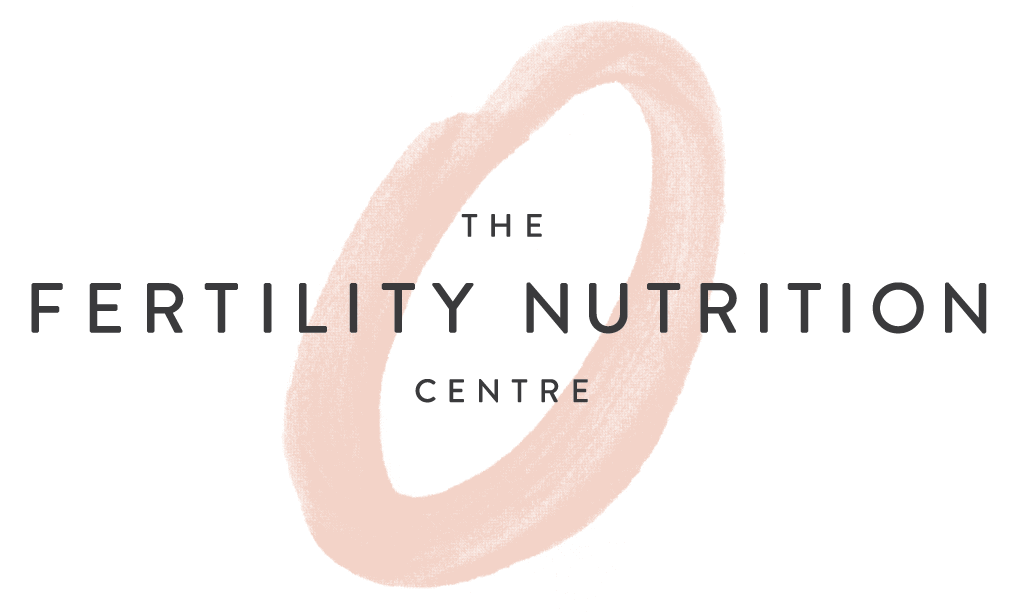It’s coming. January.
For many of us, the word ‘January’ is synonymous with ‘time to start a diet’. After the festivities of Christmas, New Years and holidays, the month of January has become a diamond mine for the dieting industry to sell you the fad of the year. And they do it SO well. All in the name of ‘health’.
For those trying to conceive, diet can play a huge role in optimising egg health, conception, and healthy growth. So why wouldn’t you try everything you can to make yourself healthier? Surely this will be helpful… right?
The problem with the multitude of January diets out there, is that dieting doesn’t equal health, and many of the plans promoted to us in the ‘New Year, New Me’ cycle are overly restrictive and potentially damaging, leaving so many women unaware of the impacts these choices can have on fertility outcomes, body and overall health.
Juice Cleanses
The detoxifying attraction of juice cleanses leaves them to still be a commonly reached for tool to ‘revitalise’ and ‘reset’. One of the main problems with these types of diets is the lack of nutritional density and missing nutrient groups. Our bodies need more than vitamins & minerals to survive, and over restriction/very low calorie diets can have negative effects on embryo development. Additionally, juicing fruits and vegetables removes the fibre from the plant, which is essential for healthy digestion and hormone detoxification; a key ingredient in the fertility recipe. The only thing these will successfully ‘cleanse’ is your bank account, due to their expensive price tag – leave the detoxifying to your liver, it’s good at that.
Dieting Clubs
There a few infamous dieting clubs, you know the ones, certificates for losing lbs, and the very well known ‘shame scale’. The ones with lots of points, colours and ever changing rules. They’re enticing for their accountability, and everyone knows someone who ‘did really well on it’. One of the sustainability issues they have it that they often don’t educate on long term change, which can make lifestyle management confusing and temporary. It’s important to remember that of the main outcome goals of these businesses is to create profit. Whilst weight loss may be a step in your fertility journey, there are much healthier and safer methods out there which can be implemented whilst supporting egg health and fertility; a fertility nutrition practitioner will be able to support you with sustainable and safe weight loss.
‘Veganuary’
Plant based diets are growing in popularity, which is good news for the environment and our health. However, radical sudden change can contribute to a diet lacking in key nutrients when done without full awareness. Switching to a vegan diet could lead to a reduction in iron, folate and B vitamins which are essential for healthy conception. This change also has potential to negatively influence percentages of carbohydrates, proteins & fats as well as an increase in overall processed food intake. Rather than committing to being vegan for a month, you could see more success by increasing plant intake on a smaller scale for a longer period of time. A vegan diet can absolutely be safe for conceiving and pregnancy, but is best introduced alongside a nutrition professional to ensure your health isn’t compromised.
Going Keto
With it’s rapid fat loss reputation plastered all over social media, the ketogenic diet is becoming more widely talked about. Originally created to reduce seizures in epileptic children, there are many possible pitfalls of the diet, however data surrounding keto and fertility is still very limited. As this diet removes several food groups, particularly folate containing foods, it could negatively impact availability of key nutrients for fertility. The diet claims to reduce fat stores by entering a fuel burning state of ketosis; requiring you to eat predominantly fats & protein with little-no carbohydrate. Not only can this reduce your micronutrient and fibre intake, but low carb diets have been linked to an increased risk of neural tube defects. Cutting out food groups without medical reason can also increase stress and be detrimental to health. Achieving a balance across all food groups with a wide diversity of foods supports your overall health status and fertility goals.
Whilst dieting might be your ‘go to’ January move, starting this year with a gentler approach to your nutrition might serve you better in the long run. We are all different beings and finding what works for you, on an individual basis, will be the most helpful step in working towards your goals, whatever they are. The way we eat impacts how we think, feel, perform & connect; so as I tell all of my clients; eat like you love yourself.
References
National Center for Complimentaory and Integrative Health, 2019, ‘’Detoxes’ and ‘Cleanses’: What You Need To Know’.
Sebastiani, G. et al., 2019, ‘The Effects of Vegetarian and Vegan Diet during Pregnancy on the Health of Mothers and Offspring’, MDPI Nutrients.
Desrosiers TA, Siega-Riz AM, Mosley BS, Meyer RE, 2018, ‘National Birth Defects Prevention Study. Low carbohydrate diets may increase risk of neural tube defects.’, Birth Defects Res. 2018 Jul 3;110(11):901-909.





